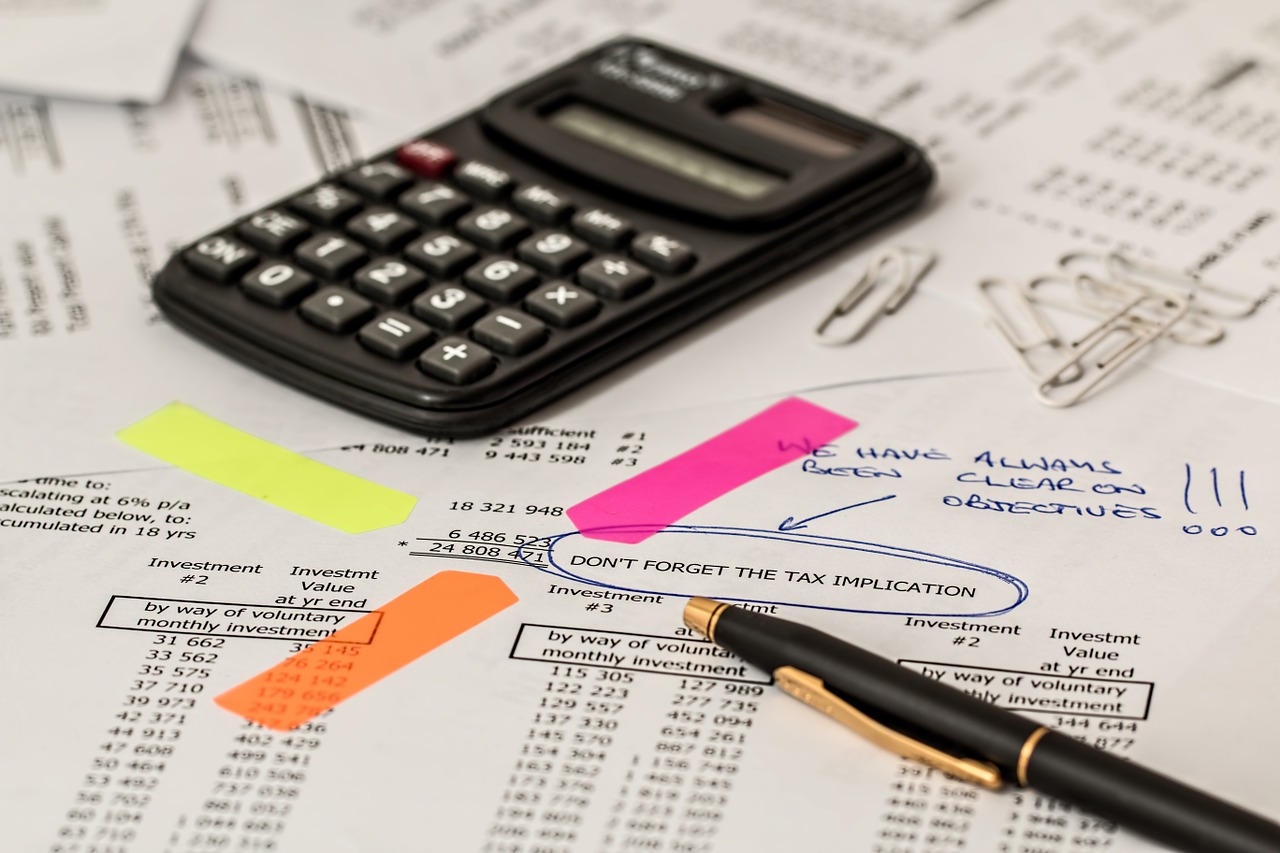Diagnosing Common Bookkeeping Issues
The tedious nature of bookkeeping work is filled with room for potential mistakes and errors. Anyone who has served as an accountant for long enough likely knows every mistake in the book and will know how easy these mistakes are to make. However, although many businesses now rely on accounting software in the UK for bookkeeping support, mistakes can still happen for even the most careful accountant.
These common bookkeeping errors can be vexing when things, quite literally, just do not add up and deeper investigation is required. Being aware of these more common bookkeeping issues will help you to recognise these problems quickly and resolve them before they turn into bigger problems.
Let’s take a look at some of the most common bookkeeping issues companies face today and what you can do to rectify them.
Poor Or Inconsistent Record Keeping
Be sure to have a centralised and consistent system for categorising your expenses. Not only will this make your bookkeeping more straightforward, but it can decrease the likelihood of errors and omissions from distorting your picture of your finances.
Manual bookkeeping, in general, can lead to a number of unnecessary errors that can cause problems over time. For this reason, accounting software can be very helpful. This ultimately wastes a great deal of time as the hours spent sifting through old receipts could have been spent on virtually anything else of importance.
If the job proves to be too much for you as the business owner, it can be a better choice to hire a professional accountant to handle your books for you. This will allow you to leverage your talents to where they are most valuable in other areas of running your business.
Infrequent Bank Reconciliation
While it may be tedious work and while putting it off may feel better in the short term, you should always ensure that your accounts are reconciled with your books as frequently as possible. By not keeping your accounts reconciled, you will make it more likely that errors occur. These errors will also likely be more difficult to diagnose if they are the result of a mistake made several months ago.
This can also be very advantageous if your business is ever audited. At the bare minimum, you should aim to have your accounts reconciled at least once per month.
Backing Up Data
Many bookkeeping mistakes can be avoided if the data is properly saved and backed up on a regular basis. There is nothing more devastating than reconstructing accounting records after the wrong file is deleted or corrupted.
Disasters such as fires or floods can strike without warning and can destroy your financial documents in an instance. Fortunately, cloud-based computing can allow you to safely store a backup of your accounting data on the cloud. This will allow it to remain safely secured should anything happen to your original files.
Lack Of Centralisation And Uniformity
As we already mentioned, it is vital that your accounting system is consistently applied with a structured format for all departments and employees in your company. This will reduce the chance of mistakes and inconsistencies from occurring. Your bookkeeper should communicate with the rest of your staff on a regular basis about the processes involved in accounting. With your staff fully aware of the implications of providing timely and accurate data, you will be able to analyse the most relevant information which will give you a clearer picture of the financial health of your company.
Onward And Upward
Taking the time to understand some of these common mistakes often made in bookkeeping is crucial to improving the accounting processes for your business. While you are bound to experience mistakes in the future, being aware of the issues and how to solve them allows you to stave off some of these frequent problems and stay ahead of any issues as they might arise.

